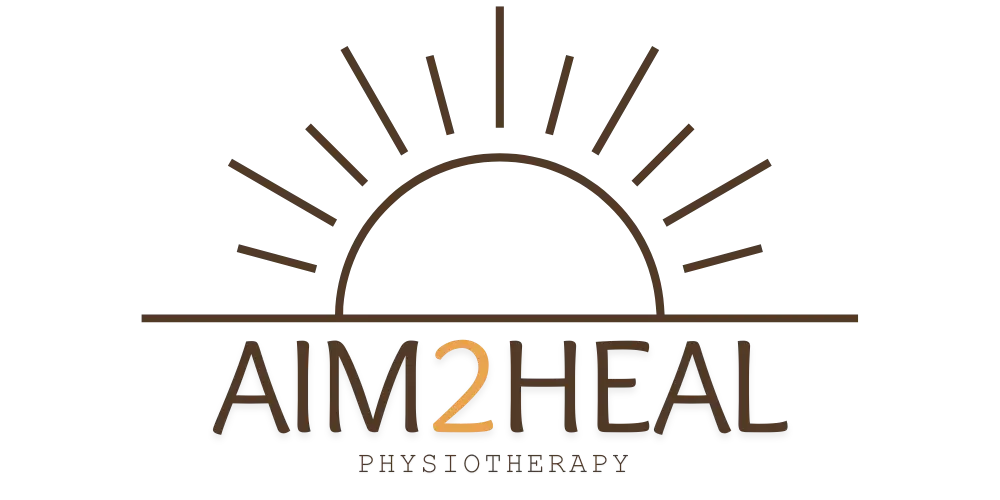The Benefits of Acupuncture Treatment if You Suffer from Insomnia
'%3E%3Crect x='0' y='0' width='1024' height='916' fill='%239c8a79'/%3E%3Cg transform='scale(4.00) translate(0.5 0.5)'%3E%3Cellipse fill='%23000200' fill-opacity='0.50' cx='157' cy='102' rx='51' ry='36'/%3E%3Cellipse fill='%23ffdfc2' fill-opacity='0.50' cx='164' cy='174' rx='98' ry='40'/%3E%3Cpolygon fill='%23000000' fill-opacity='0.50' points='36.36,195.40,30.78,211.74,23.36,164.41,91.04,145.31'/%3E%3Cg transform='translate(13.58 92.54) rotate(6.48) scale(33.08 77.91)'%3E%3Cellipse fill='%23d9d2d4' fill-opacity='0.50' cx='0' cy='0' rx='1' ry='1'/%3E%3C/g%3E%3Cellipse fill='%235b4d39' fill-opacity='0.50' cx='178' cy='14' rx='59' ry='57'/%3E%3Cpolygon fill='%23010e00' fill-opacity='0.50' points='253,146 153,54 155,116'/%3E%3Cpolygon fill='%23f7fbf5' fill-opacity='0.50' points='96,145 218,129 271,173'/%3E%3Cellipse fill='%23e8a78a' fill-opacity='0.50' cx='120' cy='192' rx='75' ry='37'/%3E%3Cpolygon fill='%23232c24' fill-opacity='0.50' points='31.68,95.78,32.00,79.27,71.20,67.53,70.53,92.72'/%3E%3Cpolygon fill='%23152b37' fill-opacity='0.50' points='66.95,167.77,94.35,149.11,167.73,132.87,111.63,125.00'/%3E%3C/g%3E%3C/g%3E%3C/svg%3E)
Tossing and turning at night?
For many, getting a good night’s sleep can be an extremely frustrating task. On average, a healthy adult should be getting 7 to 9 hours of
sleep per night, but unfortunately some people suffering to achieve this fall into the category of having insomnia. Insomnia may look
different for everyone and symptoms may be a variation of trouble falling asleep, trouble staying asleep, dream disturbed sleep, or even
waking up exhausted. Insomnia can be triggered by many different causes, with some being: stress, anxiety and daily habits (shift work,
inconsistent sleep habits, electronics at night, etc.). As the body’s natural Circadian Rhythm, or sleep-wake cycle, can be imbalanced by
these factors, acupuncture works to balance the body’s natural cycle and calm the mind to achieve a good night’s rest. Acupuncture insomnia
treatment may sound strange to some people at first. However, acupuncture, a Traditional Chinese Medicine (TCM) treatment is widely
practiced around the world as a natural treatment for various conditions including insomnia, with high success. Contact
us
to find the right treatment option for you.
Stress, Anxiety and Insomnia:
Unfortunately many people are familiar with stress, anxiety, or overthinking and its ability to keep you up at night. The added stress of
being wide-awake at 3am worrying about your inability to sleep isn’t very helpful either. Experiencing high stress or anxiety are very
common reasons for experiencing sleep disruption. Acupuncture points known to calm
the mind are often used during acupuncture treatments to create a calming effect. Studies have shown that when these points are punctured,
the body releases opioid peptides to create an analgesic and calming effect on the central nervous system (CNS), allowing you to relax a
bit easier. In addition to helping with sleep issues, these points are also effective while treating chronic pain, which can be a
another common culprit for sleep disturbances.
Is There Scientific Evidence Backing Acupuncture Insomnia Treatment?
A report published in 2004 found that acupuncture, used on patients with anxiety
or depression, increased the production of melatonin at night, thereby increasing their total sleep time. Patients who received acupuncture
were less mentally stimulated at night, fell asleep faster, and were generally less stressed. The preliminary conclusion by the researchers
stated that acupuncture might be valuable in treating insomnia among patients with anxiety. If anxiety is the leading cause of your insomnia
or sleep deprivation, acupuncture may be able to help improve your quality of sleep.
More recent studies (2019) have shown that 15-30% of adults suffer with insomnia and that acupuncture has been proven to be an effective
method for insomnia in clinical trials. Acupuncture’s affect on the regulation of melatonin and adenosine is very important to balancing the
body’s natural cycle. Melatonin in released at night to increase drowsiness and allow you to fall asleep, whereas adenosine is released
throughout the day to keep us awake. Acupuncture has been shown in clinical trials to increase adenosine levels during treatment (2012),
thus increasing our bodies’ need for sleep the longer we stay awake.
Benefits of Acupuncture Insomnia Treatment
Not getting enough sleep at night? It can have a large effect on your productivity during the day and may cause depression, mental
cloudiness and even weight gain. Poor daily habits and inconsistent sleep habits can have adverse affects on your mood, immune system, brain
and heart health as well. As sleep is extremely important for an individuals overall function, treating insomnia with acupuncture may also
begin to offer additional benefits including:
- More restful sleep
- Higher energy
- Increased mental clarity
- Reduced anxiety and lower stress levels
- Better digestion
- Fewer headaches
What to Expect From Your Acupuncturist:
Your acupuncturist will conduct a thorough health history intake and work with you to determine the underlying causes for your sleep
disturbance. Treatment may look different for everyone depending on the cause of imbalance in the body. As stated, there are many lifestyle
habits that can lead to insomnia, with some more commonly known than others. Habits that disrupt sleep such as eating before bed or
distractions such as TV time or work directly before sleep may be the culprit for poor sleep habits, but other causes (Ie. light exposure)
may not be so commonly known. Your acupuncturist will record your daily sleeping habits and work with you to create better habits for a
restful sleep.
Get the Sleep You Deserve
Acupuncture may not have been the first way you would think of to improve your sleep. However, research shows that it truly does work. Sleep
is one of life’s greatest pleasures, so if you are struggling with insomnia or any other sleep disorder, you owe it to yourself to try
an acupuncture insomnia treatment to improve your quality of sleep. If you are interested in trying acupuncture to help with insomnia, give
us a call today.


